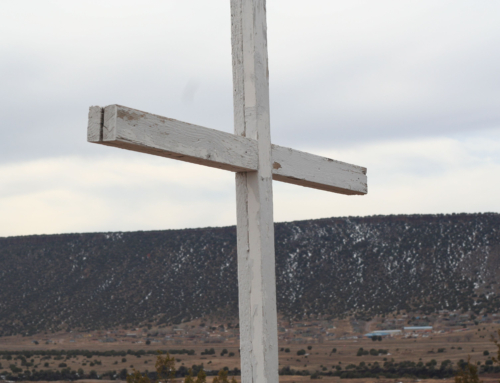What if people didn’t have to believe/think like us? (religion, politics, T.V. show preference, and other things)
What if we didn’t act as if it were our job to convert people to our way(s) of thinking?
What if, instead, we focused more on trying to actively show the love and kindness of Christ to people who don’t agree with us?
Just thinking out loud here. Or quietly, while typing on my keyboard. Ok, so it’s obvious that I’m getting to something, but am purposefully being all whimsically rhetorical about it. It just kind of seems that since Jesus taught us to pray, “forgive us our debts, as we also have forgiven our debtors” (Matthew 6:12) it could be a big deal to him that we live in a continual posture of forgiveness. I mean, that’s not all. He follows that up with, “for if you forgive others their trespasses, your heavenly Father will also forgive you, but if you do not forgive others their trespasses, neither will your Father forgive your trespasses.”Or how about the parable of the Unforgiving Servant? (Matthew 18:21-35) It’s pretty clear: unforgiveness is a prison to which He in His sovereignty has given us the key. We can get out. It takes humility, sometimes courage, often meekness, and in many cases, brokenness. Henry Nouwen wrote:
“Forgiveness is the name of love practiced among people who love poorly. The hard truth is that all people love poorly. We need to forgive and be forgiven every day, every hour increasingly. That is the great work of love among the fellowship of the weak that is the human family.”
In my continual magnetic draw toward simplicity, I’m learning that to live in simplicity is to live in a posture of forgiveness: letting others (and myself) off the hook. I still have a long way to go, but I’m working on it. Apologizing when it is my fault, apologizing when it sometimes isn’t my fault (cuz, I mean, it’s never my fault :-), swallowing pride, not taking offense over trivial matters and other things I have no control over, and not taking myself so seriously. I’m just human, after all. I’m flawed – for example, I’m idiom challenged: it’s sort of my thing. I’m like a china shop cow with words sometimes. …But my wife forgives me…after laughing at me…after which I forgive her: see, circle of forgiveness.
Very often, to stop the crazy cycle of offense (in myself or with others), I just need to be silent. Richard Foster made a good point in his book
The Freedom of Simplicity:
Silence frees us from the need to control others. One reason we can hardly bear to remain silent is that it makes us feel so helpless. We are accustomed to relying upon words to manage and control others. A frantic stream of words flows from us in an attempt to straighten others out. We want so desperately for them to agree with us, to see things our way. We evaluate people, judge people, condemn people. We devour people with our words. Silence is one of the deepest Disciplines of the Spirit simply because it puts the stopper on that.
When we become quiet enough to let go of people, we learn compassion for them. We can be with people in their hurt and need. We can speak a word out of our inner silence that will set them free.
My point is more than a can’t-we-all-just-get-along/coexist plea. The point is that we often have a habit of being ok with our dysfunction, covering it up with an attitude of “I’m right and they’re wrong,” when I think our rightness of view isn’t as important to God as we think it is. I have a strange feeling that living in right relationships may be what God is more desirous over for us. I’m not saying that we should back down from our convictions and beliefs in God – and that those aren’t important. Rather, we need to walk out those convictions with the love, forgiveness, mercy, and the compassion that should be the bedrock of our faith in Christ. I just wanted that to be clear 😉 Perfect doctrine cannot replace resilience to truly know Him being made incarnationally manifest in our lives, and He does that through our relationships with one another.
“Come, Lord Jesus, and make us more like You. Amen”



![In The Storm: What Do You Say? [Audio]](https://joelbidderman.com/wp-content/uploads/2019/07/PTT-What-Do-You-Say1-500x383.jpg)


